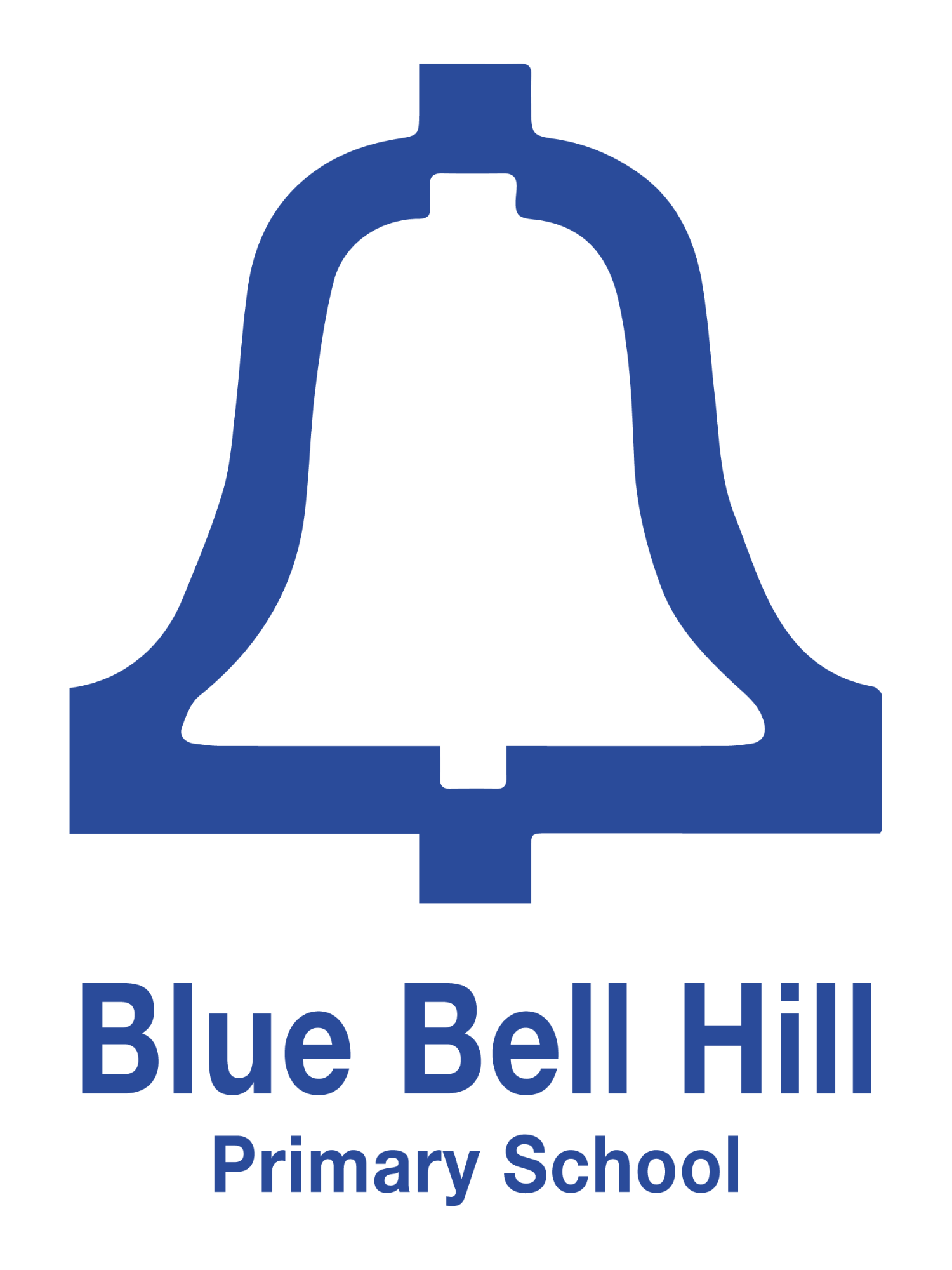Reading
Early Reading
At Blue Bell Hill, we want to give children a real love of reading for life. Learning to read is like cracking a code, so teaching Phonics is a way of teaching children to crack the code.
We use No Nonsense Phonics Skills, a systematic, synthetic Phonics programme, to teach our children how to read. It provides a comprehensive step-by-step method for teaching reading, handwriting and spelling. Pupils are guided through a series of carefully designed routines to master the complex English Alphabetic Code.
Why is our language so tricky?
England has been invaded so many times throughout its history and each set of invaders brought new words and new sounds with them. As a result, English only has around 44 spoken sounds but there are around 120 ‘codes’ or ways of writing down those 44 sounds. We only have 26 letters in the alphabet so some graphemes are made up from more than one letter. Some codes can represent more than one sound, i.e. the letters ch are code for different sounds in the words ‘chip’ ‘school’ and ‘chef’
No Nonsense Phonics Skills
The programme begins in Reception and continues through until the first term of Year 2. Pupils practise reading from ‘code’, to word, to text level with a content-rich vocabulary. They learn to apply and extend their phonics when reading and writing, developing their comprehension and evoking their imagination.
Terminology
Throughout the programme, children will refer to these terms when talking about phonics and reading –
Code: A letter or combination of letters, e.g. “These letters are code for the sound __”
Sound: The spoken sound represented by a code.
Each code is taught with dual-coding, meaning that it has a corresponding word and picture. This helps children to transfer their learning into long-term memory.
‘Keep up’ not ‘catch up’
Children at all stages of their phonics and reading learning are supported to ensure that they are able to make good progress. Regular assessment and targeted interventions ensure that gaps in skills or knowledge are addressed quickly and effectively for the children.
Nursery
Our Nursery children, follow the Super Sounds systematic pre-phonic series, learning to listen and to distinguish sounds through rhythm and rhymes, songs and a range of literature. These pre-phonics skills are a vital stepping stone to becoming good readers when they begin learning the English Alphabetic Code.
The Teeny Reading Seeds programme, which supports our pupils transition to the No Nonsense Programme in Reception, begins in Nursery focusing on a letter and sound of the week. Children learn the names of the letters in the alphabet and the sounds that they represent. This learning is reinforced in the provision through art, role play, rhymes and songs.
Year 1 – Phonics Screening Check
In Year 1, pupils are required to undertake an assessment called the Phonics Screening Check. This usually takes place in June and is to confirm whether they have reached an age-appropriate standard of reading.
Children are well prepared for this with regular practise during the school year. Staff are experienced in ensuring that children are familiar with the process and are as relaxed as possible. The Phonic Screeening Check tests the pupils’ knowledge of codes and blending, by applying these in both real and nonsense/alien words.
If you have any further queries regarding the Phonics Screening Check, please speak to your class teacher.
What does Early Reading look like in Key Stage 2 at Blue Bell Hill Primary School?
Children in Key Stage 2 who haven’t passed the Phonics Screening, will continue to receive tailored phonics interventions, following the No Nonsense Phonic Scheme, that specifically focus on gaps in their learning. Children will continue to be assessed half termly and their reading texts will be chosen appropriately by a member of staff. The children will select a reading for pleasure book to take home, along with their decodable text.
Home Reading
At Blue Bell Hill we know that, the more a child reads the better their academic progress, as learning to read is the gateway in to all areas of the curriculum. We foster the approach to first learn to read and then read to learn. Home reading is a crucial part of this and we encourage all our pupils to read at least 4 times a week. All Early Readers, are given a decodable text chosen by their teaching team that matches their phonic ability as well as choosing their own reading for pleasure book. This text is for your child to enjoy and share with an adult. In Reception and Year 1, pupils will also bring home a mini-story, taken from their phonic lesson that week to allow for additional practise of a new code.
Useful Websites
Phonics play: https://www.phonicsplay.co.uk/freeIndex.htm
Top Marks: https://www.topmarks.co.uk/english-games/5-7-years/letters-and-sounds
Phonics bloom: https://www.phonicsbloom.com
Family learning : http://www.familylearning.org.uk/phonics_games.html
ting content

